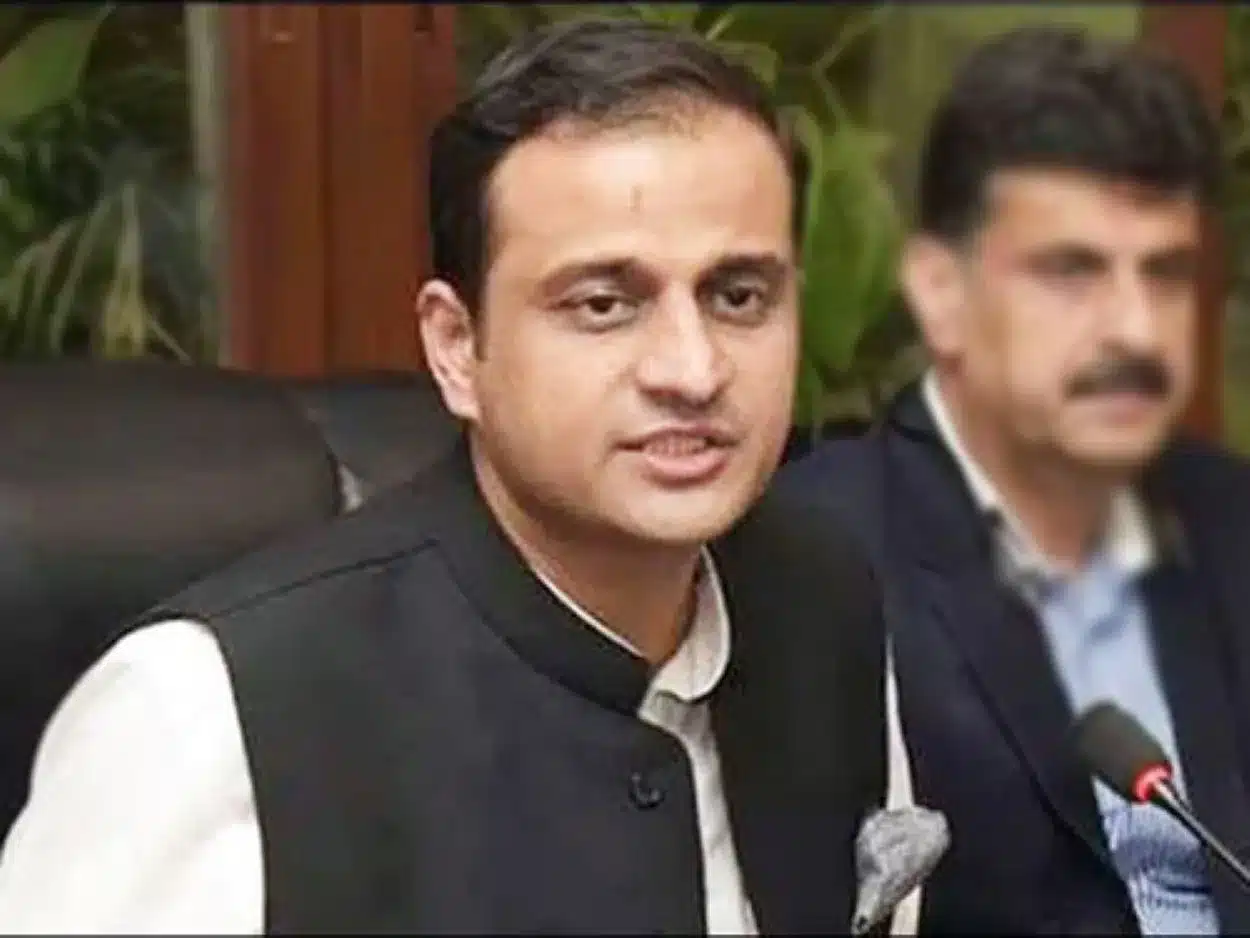Karachi Mayor Murtaza Wahab attributed the city’s devastating rainfall, which claimed at least 12 lives, to climate change during a press conference. The heavy downpours, part of a broader weather crisis affecting Khyber Pakhtunkhwa, Gilgit-Baltistan, and Azad Kashmir, exposed Karachi’s crumbling infrastructure and governance failures
Karachi faced two intense rain spells on August 19, with Manghopir recording 235 mm and other areas exceeding 170 mm in 12 hours, far surpassing the city’s 40 mm stormwater drain capacity. The Pakistan Meteorological Department (PMD) reported that the first spell began Tuesday morning, with drainage efforts stabilising main roads by 12:30 PM. A second spell hit at 1:15 PM, continuing into Wednesday morning, causing widespread waterlogging, power outages, and traffic chaos.
The rains led to at least 12 deaths, primarily from electrocution and house collapses, highlighting preventable urban issues like clogged drains, exposed wires, and weak structures. Unlike northern Pakistan’s flash floods and landslides, Karachi’s fatalities stemmed from poor infrastructure management in a city of over 20 million.
🚨#Karachi has received the highest official rainfall of 170 mm, which is +94% above normal in comparison to August's AVG rainfall of 79 mm.
Intermittent, intense rains continue with gaps. All numerical models maintain the risk of flooding downpours from tonight until tomorrow. pic.twitter.com/VzAnlAy78m
— Pakistan Weather Portal (PWP) (@PWP_Weather) August 19, 2025Wahab linked the crisis to global warming, citing similar challenges in New York, Dubai, and Mumbai. He urged residents to avoid unnecessary travel, noting that traffic flow was a major hurdle during rescue operations. The mayor’s team, alongside the Karachi Metropolitan Corporation, is working to clear drains and assist affected areas, but criticism and political point-scoring have complicated efforts.
Heavy Rain Suddenly Started During Murtaza Wahab Press Conference ⛈️ Unseen Scene Live Footage Breaking News#MurtazaWahab #KarachiRain #BreakingNews #QudratNews #LivePressConference #RainInKarachi #PakistanWeather
Heavy rain suddenly started during Murtaza Wahab’s live press… pic.twitter.com/obXX62meic
— Daily Qudrat ( Latest News ) (@DailyQudrat) August 20, 2025Karachi’s vulnerability to monsoon rains underscores systemic issues clogged drains, collapsing roads, and underpasses turning into death traps. Despite climate change intensifying weather events, experts argue that better urban planning and infrastructure maintenance could mitigate such tragedies. The National Disaster Management Authority (NDMA) recommends using its Disaster Alert App for updates and avoiding flooded areas.
As Karachi braces for more rain, the mayor’s acknowledgement of climate change calls for long-term solutions like improved drainage systems and resilient infrastructure. The crisis highlights the urgent need for governance reforms to protect residents and prevent future losses.






